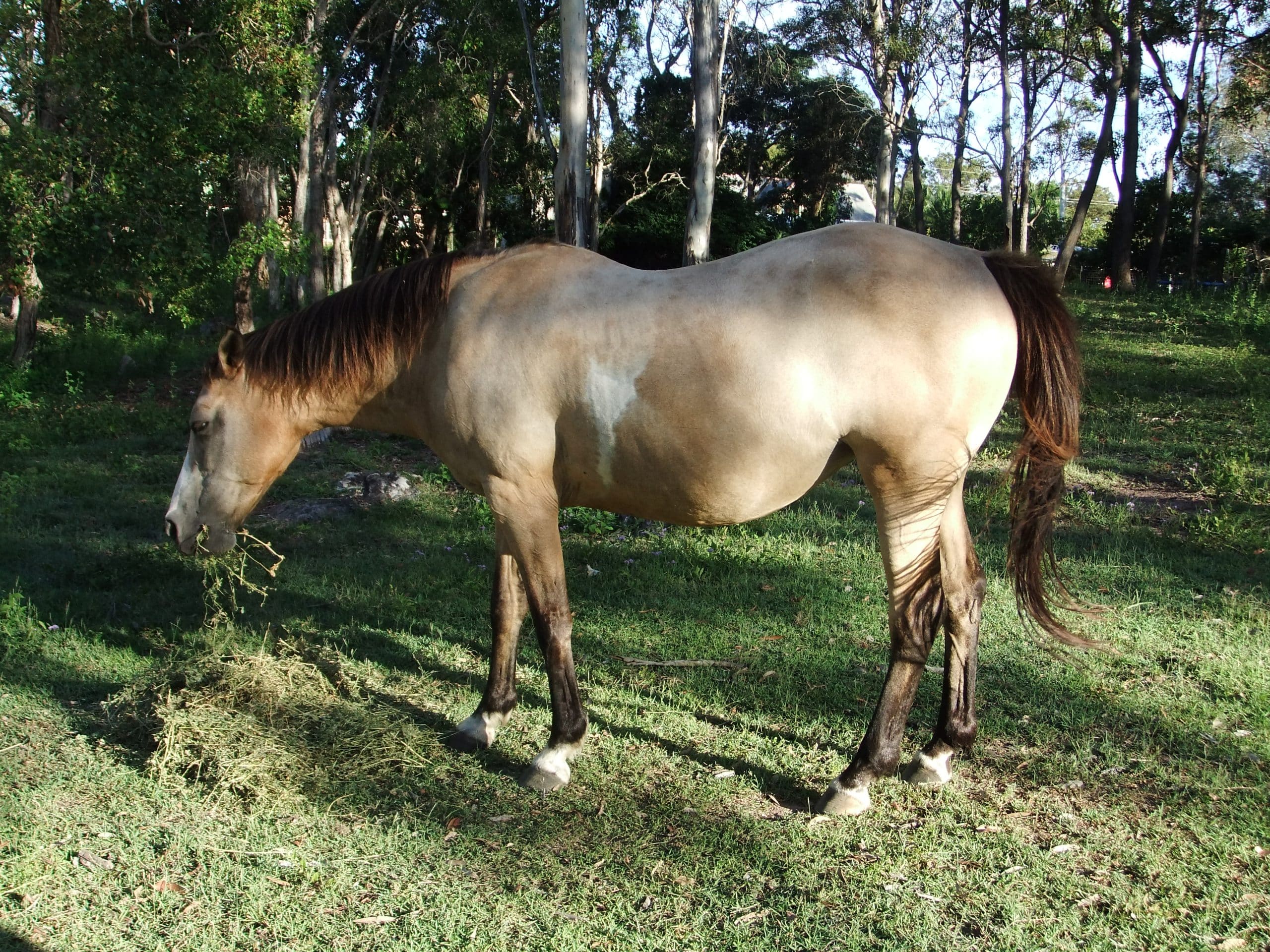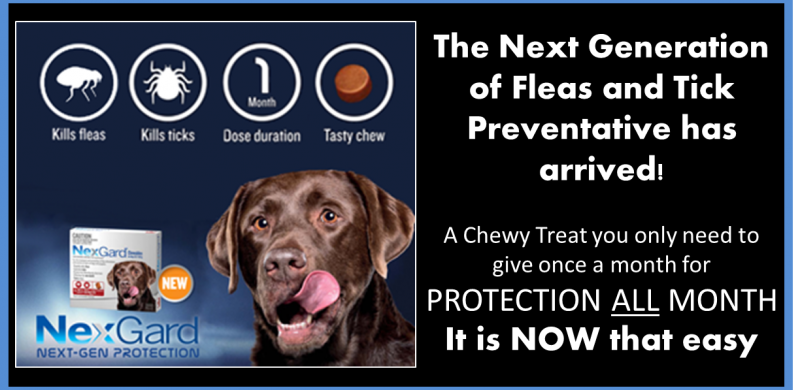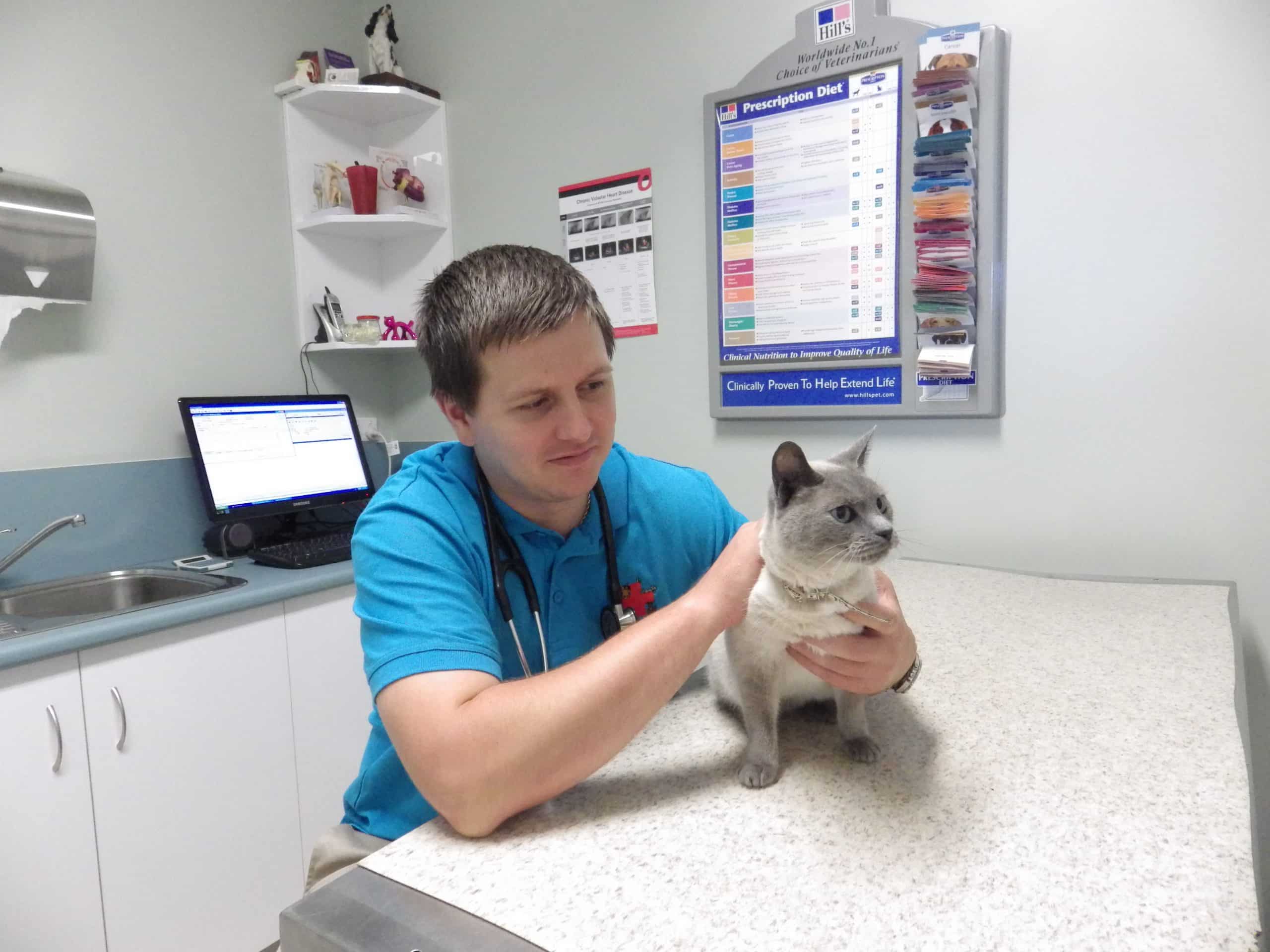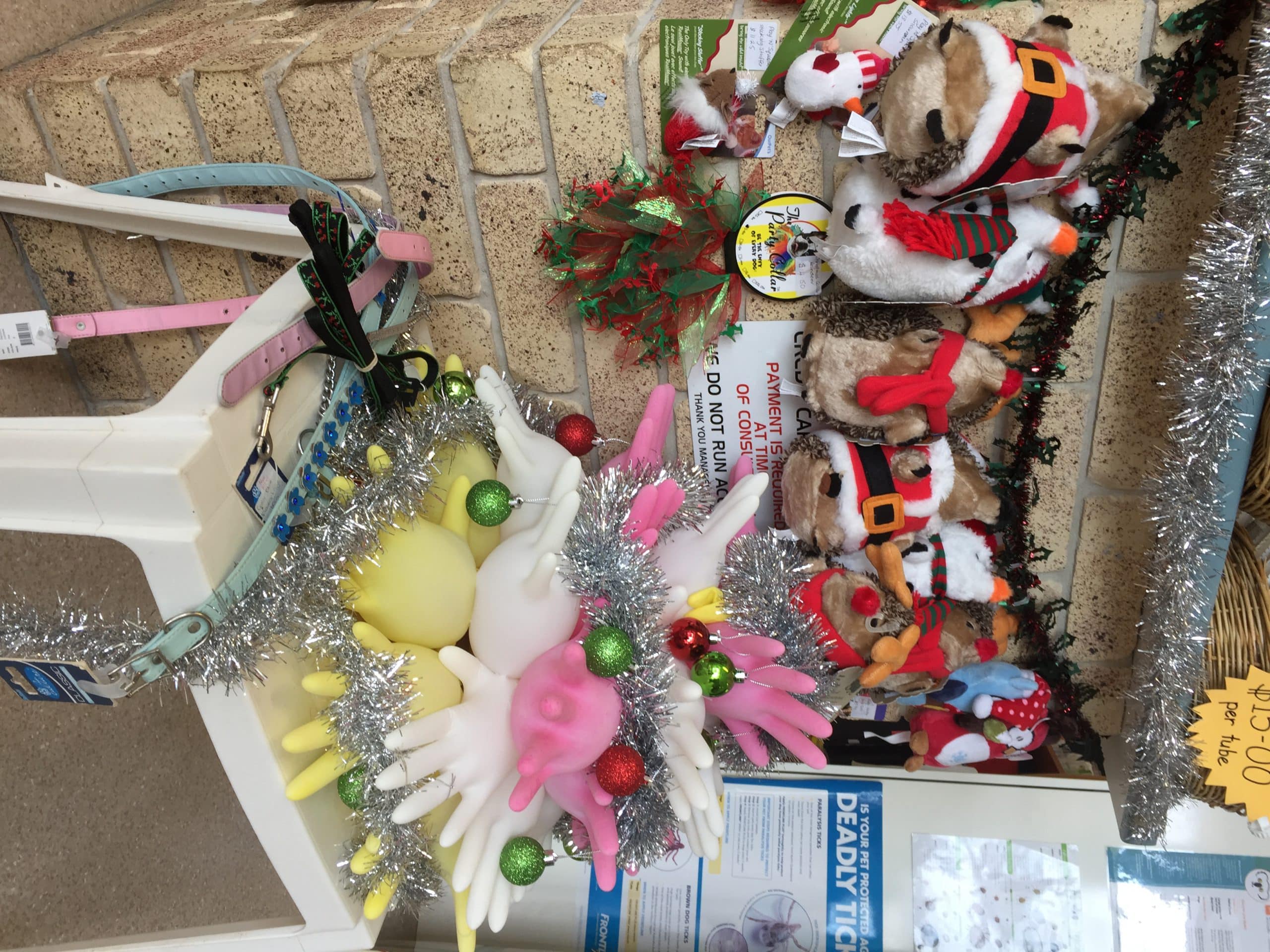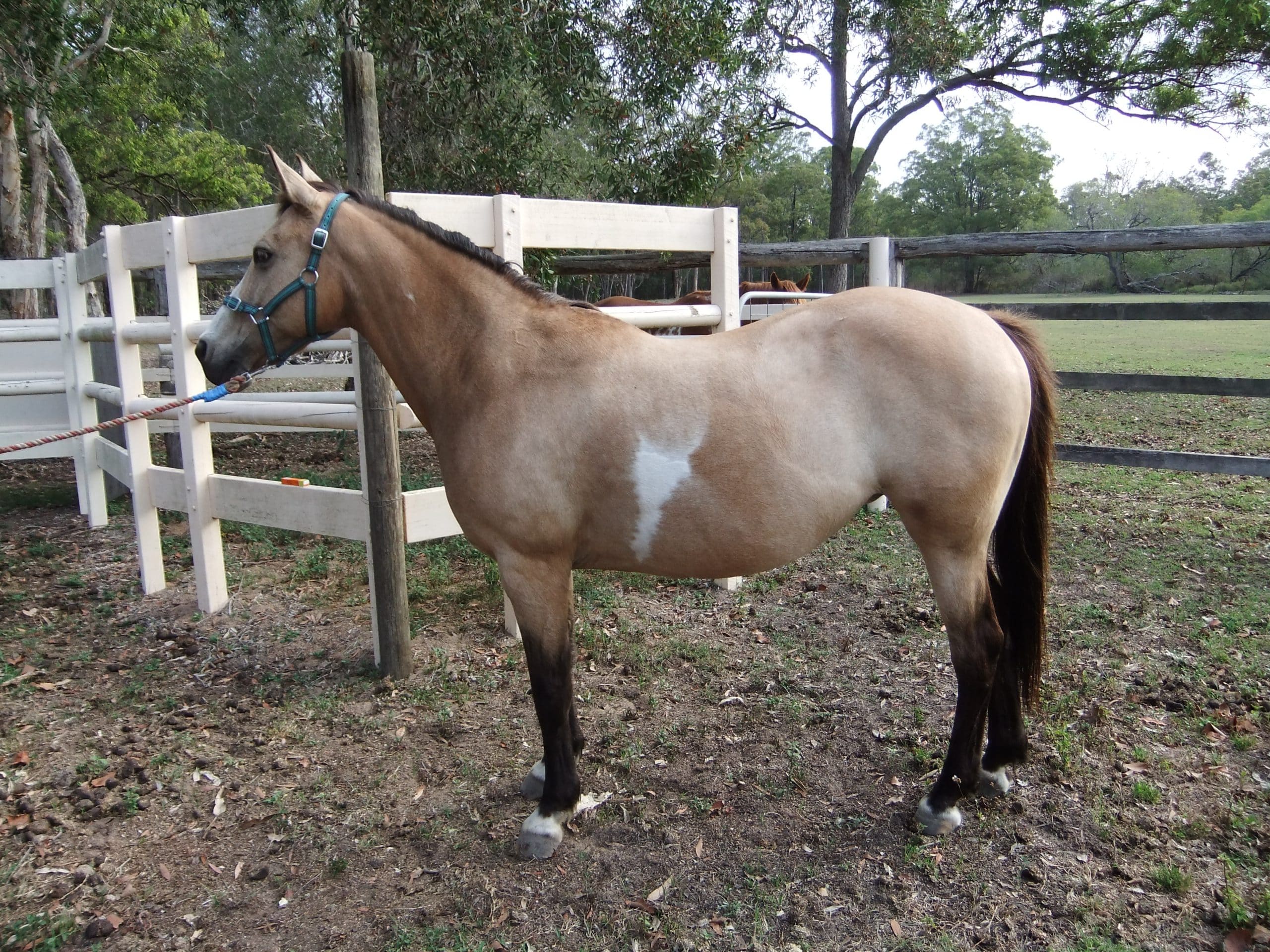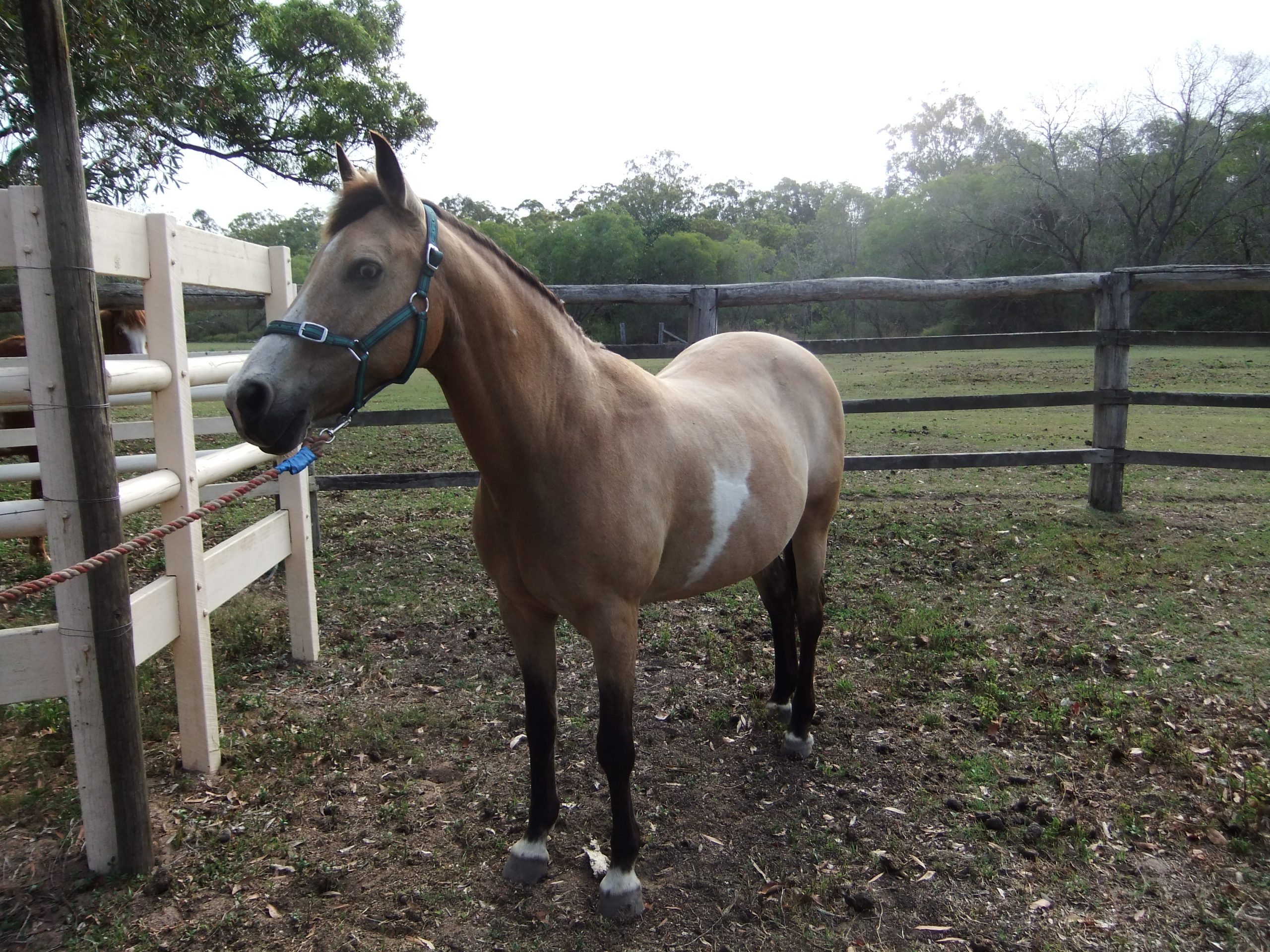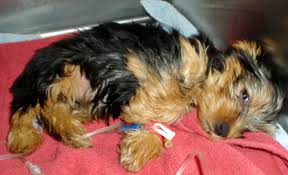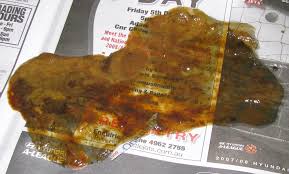There is a lot of talk that your pet will be better off if you cook for them in comparison to buying food from a shop where it is already pre-made; however there have been no studies to date done on this. Therefore the pros and cons of each method should be weighed up.
Home preparing your pets meals can involve a lot more than just mixing up some rice and a bit of mince. It is essential to put a little effort into learning about what your pets daily essential needs are. Also, home preparing meals can be time consuming, as the food needs to remain fresh. There are also a few more risks involved with handling raw meats and other by products. To prevent any risk of infection transmission or cross contamination for yourself and your pet, gloves should be worn whilst handling all meat products and there should be specific utensils, bowls and/or other equipment that are specifically for the use of preparing your pets food. The use of anthelmintic products (which are worming products) may also need to be increased to keep the risk of your pets contracting worms lowered. Homemade diets are usually veterinary recommended if your dog has sensitive skin or gastrointestinal issues.
Commercial diets include supermarket branded diets to specialist veterinary branded diets. The average person will just buy a bag of dog food by what the bag says or the pretty bags without really reading the ingredients or contents. The benefit of feeding a premium or veterinary branded food is that the product has been scientifically designed to meet the nutritional requirements of your pets for each stage of life/lifestyle or to manage health conditions. Most premium brands will also offer a money back guarantee if your pet doesn’t like or eat the product.
A lot of people believe that the premium branded foods are too expensive and not worth it; however the phrase ‘quality is better than quantity’ comes into play. Due to the feeds being designed to meet all of the nutritional requirements, your pet will only need a portion of what they would normally receive in comparison to a supermarket branded food. For example they may only need one cup of a premium branded food in comparison to three cups of a generic brand. Therefore a bag of premium food would last longer than a generic brand.
At the clinic we stock Hills and Advance products; however if you are wanting another brand of food we are more than happy to order other products especially for you. If you are unsure if what you are feeding is meeting your pets’ nutritional requirements, come in and have a chat to the nurses at the front desk or the veterinarians. also feel free to bring your pets down and weigh them so that w can keep an accurate record of their weight.


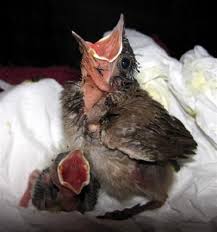

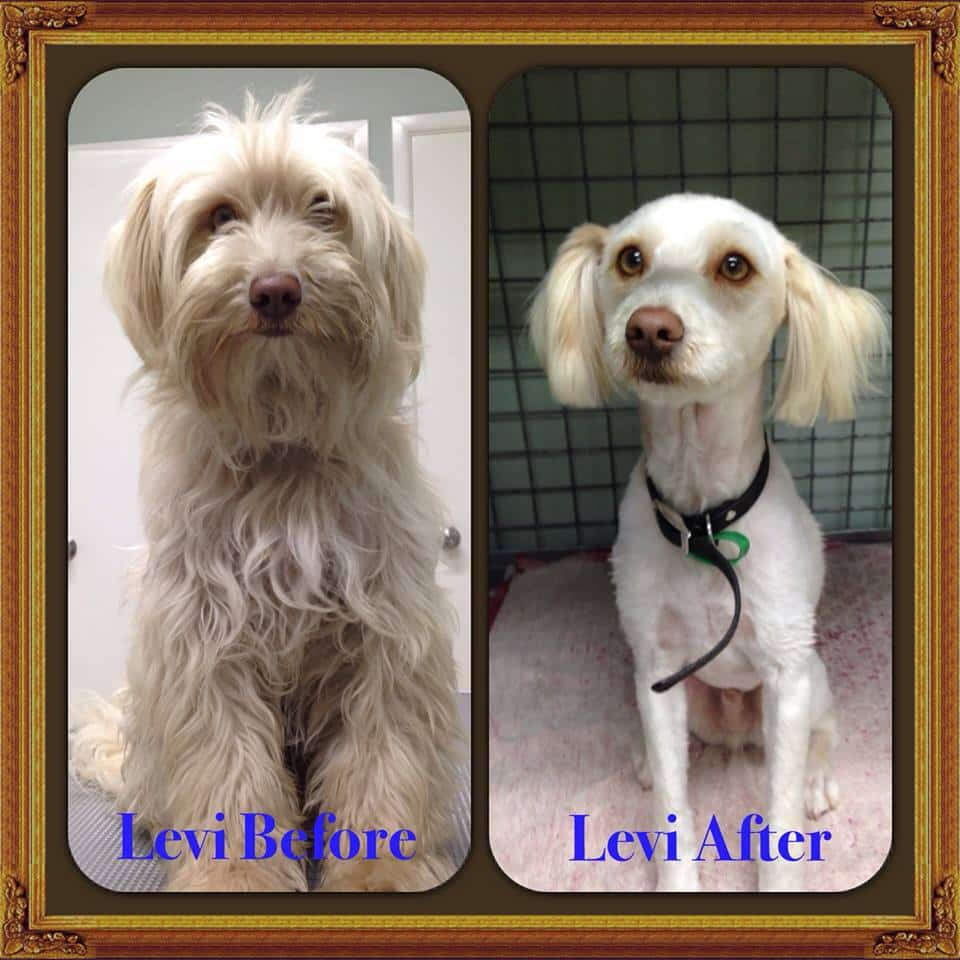 Are your pets feeling the heat, got a few knots or a little on the smelly side? Do they need a nail trim or flea bath? Grooming is an essential part of your pets daily needs. Each breed has different requirements, such as a Schnauzer which would require more maintenance than something like a Rottweiler.
Are your pets feeling the heat, got a few knots or a little on the smelly side? Do they need a nail trim or flea bath? Grooming is an essential part of your pets daily needs. Each breed has different requirements, such as a Schnauzer which would require more maintenance than something like a Rottweiler.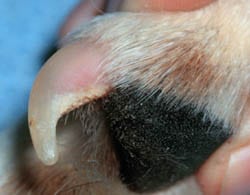
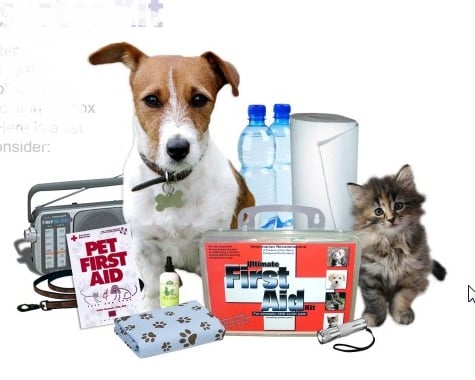 After the devastating Bundaberg Flood early in 2013, it became apparent that there were many people who were unprepared for what do do with their precious pets in the event of another natural disaster.
After the devastating Bundaberg Flood early in 2013, it became apparent that there were many people who were unprepared for what do do with their precious pets in the event of another natural disaster.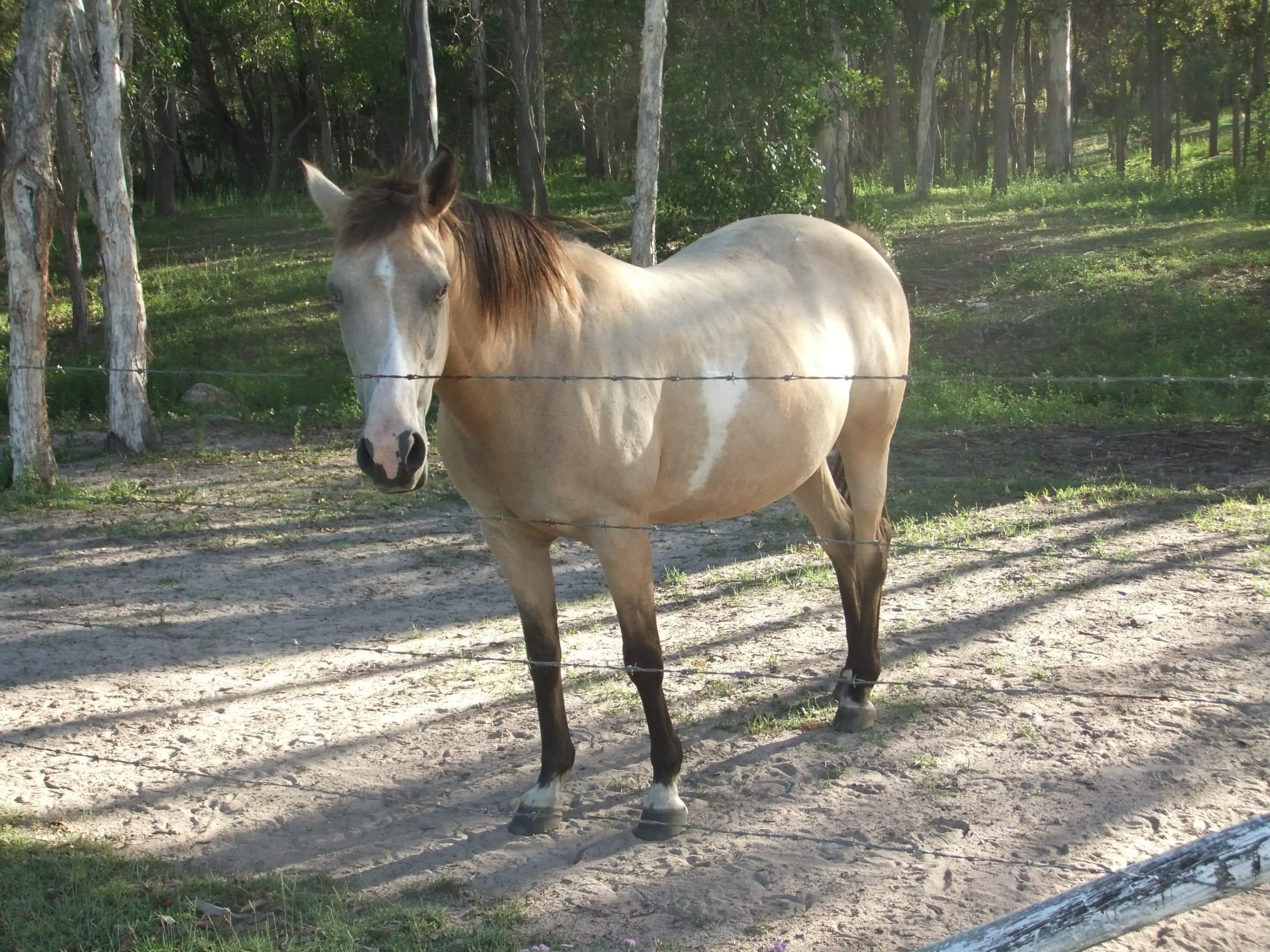 In a previous blog titled “Love is in the air..”, we told you about “Reckless’ who is owned by one of our veterinary nurses Nicole. The hope was that she was pregnant.
In a previous blog titled “Love is in the air..”, we told you about “Reckless’ who is owned by one of our veterinary nurses Nicole. The hope was that she was pregnant.